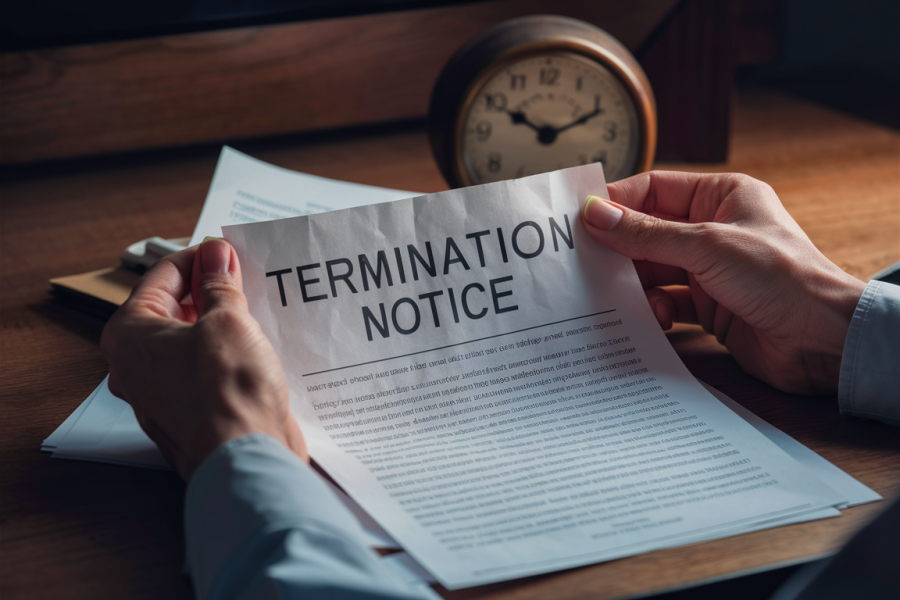There are parts of the world where it’s understandably difficult for the topic of Internet piracy, or the theft of U.S. intellectual property, to be elevated to critical significance. There is still rioting in Syria, a cruise ship has run aground killing some passengers, and Japan is still struggling to emerge from the devastation of the tsunami.

But Saturday’s statement from the Obama Administration awakened many broadcast organizations to a strange and, for some, unexplored new question: Is the U.S. truly planning to implement legislation that could shut parts of the Internet off? That’s how the Saturday statement truly appeared for some who had not been following the goings-on (such as they are) in the U.S. Congress.
Tuesday morning, I had the honor of being a guest on Bogota, Colombia’s all-news channel NTN24 with anchor Monica Fonseca. (No, I don’t speak Spanish, so my thanks to Alejandro for translating me live.) It was a brief segment for the Health Science Technology program (“CST”). Monica asked me why the Obama Administration was treating the current SOPA/PIPA round of online piracy legislation so urgently.
My response may have been a bit surprising, but I tried to be honest: Piracy legislation, particularly with regards to offshore sites, has been a continual focus of debate in Congress since well before Pres. Obama was inaugurated in 2009. The President has always been a supporter of the anti-piracy process, though perhaps not an outspoken one. Saturday’s statement had the virtue of not being penned by him, so it enabled the President to continue to stand his ground, while at the same time siding with the rising tide of popular opinion against government measures for disconnecting domain names.
Over on NPR affiliate KPCC Los Angeles, Washington correspondent Kitty Felde was just making herself acquainted with the anti-piracy legislative schedule, only to discover there’s now a minimal likelihood that any such legislation will pass both houses in this term. As Southern California Public Radio found itself asking, has the media only now caught up with a runaway freight train of an issue only to find itself in that train’s dust?
Web users are likely to see explanations tomorrow, I explained during my appearance on “AirTime with Larry Mantle,” from major Web sites that wish to continue their anti-censorship demonstrations. Wikipedia may be the most prominent site to demonstrate how a censored Internet may appear, were the Internet to become subject to American censorship.
However, I explained to Larry’s listeners, legal analysis concludes that censorship is not what any of the current anti-piracy legislation is about. Assuming the court order provisions has been left in the current drafts of SOPA and PIPA, they seek to give the Justice Dept. the means to seek a court order to shut off access to sites that apparently violate existing anti-counterfeiting and piracy laws – not violations of “fair use.” Prior to the withdrawal of these provisions, the danger as explained to me by technicians, I explained, was that the changes that would be required to the Domain Name System in order to comply with court orders could become exploitable by others, including possibly even foreign governments, with the end effect being perhaps worse than censorship.
KPCC’s producers found two listeners for the 20-minute segment, one who stood up as a SOPA opponent, and another who was in favor of some sort of anti-piracy legislation protecting individual artists. The opponent took issue with my statement that we should eventually come to discover that responsibility for the upkeep of the Internet as a market, as well as a delivery service for information, should be distributed among content providers, service providers, and users as well. The listener, calling from West Hollywood, remarked that users should not be expected to foot the bill for more technological anti-piracy measures, since they pay enough for the Internet as it is. It should be up to content producers such as studios and recording companies, he argued, to safeguard they produce effectively, and that the public shouldn’t suffer for the industry’s technological shortcomings.
My response was to cite Gen. Patton’s famous quote about fixed fortifications (artificial constructs to slow down advancing armies on battlefields) as “monuments to the stupidity of man.” Any cryptographic or biometric or other technological measure created by the recording or publishing industries, I said, would be at least as permanent as any of the security measures created for Blu-ray Disc – lasting about 18 hours at best, I said, before falling victim to a crack. There is no purely technological solution to the anti-piracy problem in America or the world, I said, just as there is no purely legislative one.










